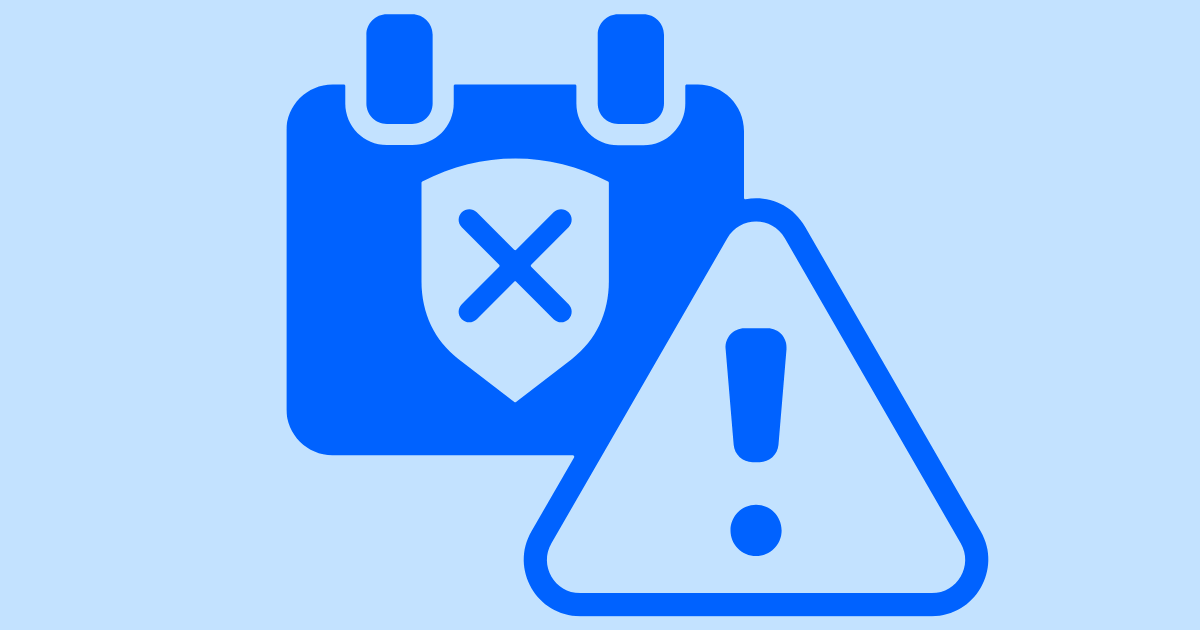
2023 Cyber Vulnerabilities Revealed in Global Advisory
Nov 13, 2024
Each year, cybersecurity agencies analyze and publish emerging threats that put digital infrastructure at risk. Looking back at 2023, cybercriminals exploited several vulnerabilities, particularly in widely used software and systems. These included outdated operating systems, insecure APIs, and popular web applications. These weak points often resulted from unpatched software, misconfigurations, and human error.
A comprehensive cybersecurity advisory titled 2023 Top Routinely Exploited Vulnerabilities, co-authored by agencies like the FBI, Australian Signals Directorate (ACSC), the Canadian Centre for Cyber Security (CCCS), and the Cybersecurity and Infrastructure Security Agency (CISA), details the Common Vulnerabilities and Exposures (CVEs) that were most frequently exploited by cyber actors in 2023. This report highlights an increase in zero-day vulnerabilities, making it easier for attackers to infiltrate high-priority networks.
The Usual Suspects: Key Vulnerabilities of 2023
One area of heightened concern is vulnerabilities within cloud environments, where flaws can give attackers unauthorized access to sensitive data, leading to data breaches and other security incidents.
Playing Defense: Essential Cybersecurity Strategies
While the range of potential threats can seem overwhelming, there are practical steps to strengthen your company's cyber defenses. Cybersecurity requires ongoing vigilance and adaptability. The following proactive measures are vital:
- Patch and Update: Keeping software updated and applying patches promptly is one of the most effective ways to prevent exploitation. This not only addresses known vulnerabilities but also boosts system performance.
- Implement Strong Firewalls: Deploying robust firewalls and intrusion detection systems can block unauthorized access and alert you to suspicious activity, helping to maintain a secure network.
- Train Your Team: Human error is the most significant factor in security breaches. Conducting regular cybersecurity training, including phishing simulations, empowers employees to recognize and mitigate threats. Establish and enforce a cybersecurity training program to keep your staff up-to-date. Publish and socialize a cybersecurity awareness training policy that staff must review and approve annually. Be sure to track and analyze staff cyber training. As a best practice, ask your IT department or outsourced cybersecurity vendor to conduct quarterly tabletop simulations to test your organizational knowledge and reaction.
- Adopt Zero-Trust Architecture: Zero Trust security limits access to sensitive information by requiring verification at every stage of network access. This approach minimizes the risk of attackers moving laterally within your systems.
- Backup, Backup, Backup: Regular data backups provide a vital safety net in case of data breaches or system failures. Having a reliable backup strategy can make the difference between a minor incident and a major catastrophe.

Zero-Day Vulnerabilities
In 2023, there was a marked increase in zero-day vulnerabilities, a troubling trend that carried into 2024. Zero-days are vulnerabilities that are unknown to the vendor, leaving developers no time to patch them before attackers exploit the flaw. More than half of the top exploited vulnerabilities in 2023 were initially zero-days, a sharp increase from the year prior. These exploits allowed attackers to target critical assets and high-priority networks.
Strengthening Cyber Defenses
Security-Focused Development: Integrating rigorous testing and threat modeling into the product development process can reduce the number of vulnerabilities in the final product. Timely patch deployment is also crucial, despite the challenges of cost and time.
Encourage Responsible Vulnerability Disclosure: Implementing bug bounty programs incentivizes researchers to report vulnerabilities, helping reduce the impact of zero-days. These programs reward proactive cybersecurity efforts.
Advanced Detection Systems: Investing in advanced Endpoint Detection and Response (EDR) tools can enhance your ability to detect zero-day exploits. Many vulnerabilities are discovered through activity reports from these systems.
Top Exploited Vulnerabilities of 2023
The 2023 advisory identified several high-risk vulnerabilities frequently exploited by cybercriminals, including:
- CVE-2023-3519: Citrix NetScaler ADC and Gateway (buffer overflow via HTTP GET requests)
- CVE-2023-4966: Citrix NetScaler ADC and Gateway (session token leakage)
- CVE-2023-20198: Cisco IOS XE Web UI (unauthorized access)
- CVE-2023-27997: Fortinet FortiOS and FortiProxy SSL-VPN (arbitrary code execution)
- CVE-2023-34362: Progress MOVEit Transfer (remote code execution)
- CVE-2023-22515: Atlassian Confluence (improper input validation)
- CVE-2021-44228: Log4Shell (Apache Log4j library)

Staying Ahead
The 2023 cybersecurity landscape revealed the increasing threat of zero-day vulnerabilities, but it also underscored the importance of robust, proactive cybersecurity measures. By implementing security-focused development practices, incentivizing responsible disclosure, and leveraging advanced detection tools, organizations can better protect themselves in 2024 against these evolving threats.
Reporting
U.S. companies: All organizations should report incidents and anomalous activity to CISA 24/7 Operations Center at report@cisa.gov or (888) 282-0870 and/or to the FBI via your local FBI field office or the FBI’s CyWatch at (855) 292-3937 or CyWatch@fbi.gov.
For National Security Agency (NSA) client requirements or general cybersecurity inquiries, contact Cybersecurity_Requests@nsa.gov.
Call STACK Cybersecurity (734) 744-5300 or Contact Us to learn more about how you can fortify your organization's cyber defenses.
